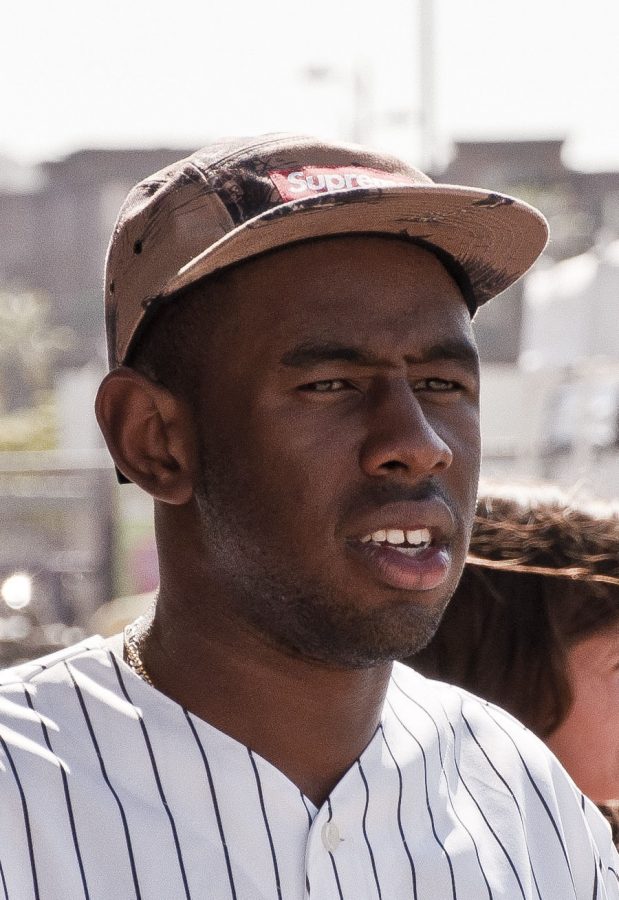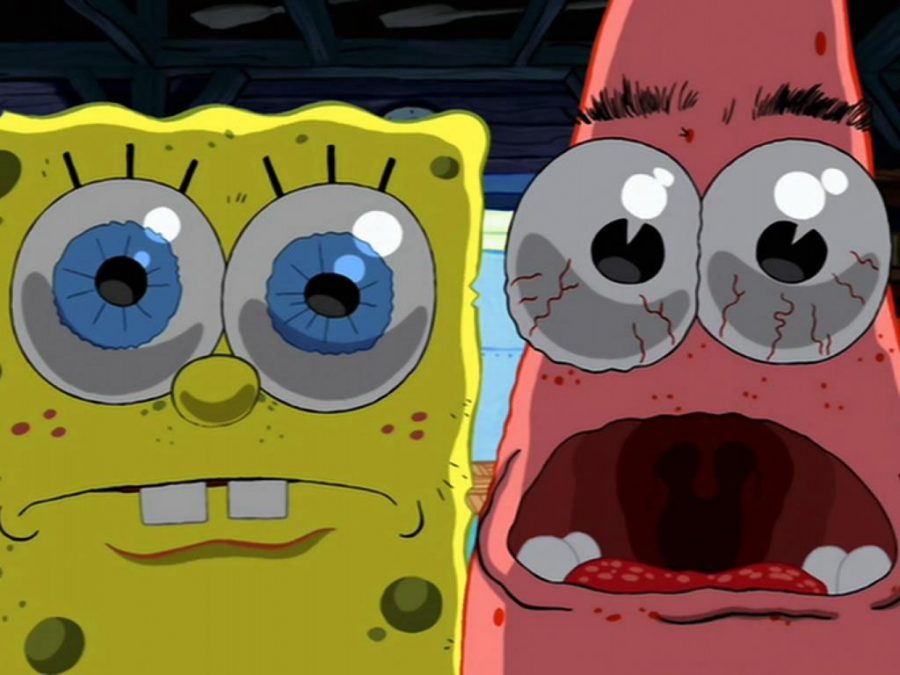Reboots bastardize beloved animated classics and the loyal fans take the hit
Cartoons and animated movies have been around for generations, providing a pastime for kids on Saturday mornings while also creating unforgettable memories. Companies know this, so in an attempt to draw on nostalgia they remake these animated shows.
What’s unfortunate is that they’re often changed for the worse, taking away from the original style and appeal that brought in their viewers. Not only does this ruin the show’s image, but also turns old audience members away from indulging in their favorite shows.
The new “Scooby-Doo” movie is set for 2020, taking a different animation style and new actors. Personally, I much prefer the original show’s style, as it brings back good times. Remaking it takes away the childhood joy, giving it an almost corporate feel.
Cartoons like “Teen Titans Go” and the relatively new “Ben 10” show are more dated examples of why sometimes it’s best to leave certain things in the past.
I grew up as a kid watching “Ben 10,” so much so that I had all the DVDs for the episodes as well as one or two of the movies. The animation was crisp, the storyline made sense and realistically progressed and there were characters you could really get behind.
The reboot threw all this in the trash, completely resetting the great direction the original had taken. In an attempt to make a new version for a different, younger audience, they changed too many of the key aspects that made it special. While they may have achieved their goal of pleasing new viewers, they ultimately failed, staining a once beautiful show.
“Teen Titans Go” went down a similar path, focusing on a more simplistic, slapstick humour rather than a detailed progression with gripping character development, like the original series provided.
Networks who heavily feature cartoons see the immense initial success of a series, but once that series has run its course, rather than replaying the old series, or just leaving it alone, they change it to market it as something new. Drawing in a new selection of young viewers is hard, so stick to what works, or go down a different path like “Big Mouth.”
Kids of today might watch these new remakes, and some may prefer them, but at the end of the day they fail in the eyes of more loyal fans.
In an ideal world, cartoons could be properly remade, leaving enough of the old aspects for returning viewers while adding exciting elements for the new youth picking up their memorable cartoon.
“Spongebob Squarepants” does a fairly good job at this, even after two decades of airing. They kept the loveable personality of Spongebob, as well as the overall theme, but they dumbed down the humour and the characters, which pleases both sides. So by compromising, a smooth transition from old to new could let cartoons and other animated films keep their prestige, preventing any tarnishing from sad attempts to make a quick buck.
With all that being said, it’s still a good thing for today’s cartoon and animated series lovers to be able to experience the past, but too much can be overwhelming. Dragging a show along for money isn’t right. But, working to incorporate everyone’s interest as best as possible, while maintaining core values to keep some familiarity, is a great way to bridge the gap between young and old.












